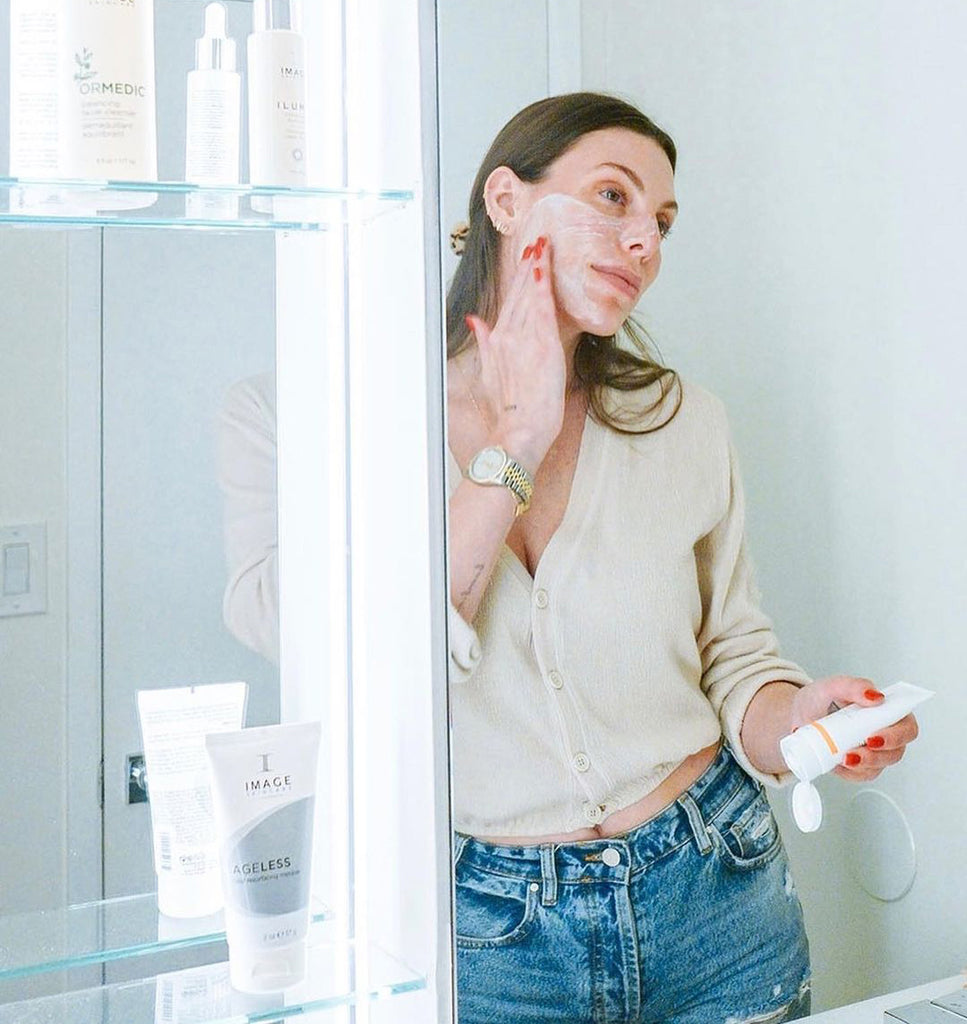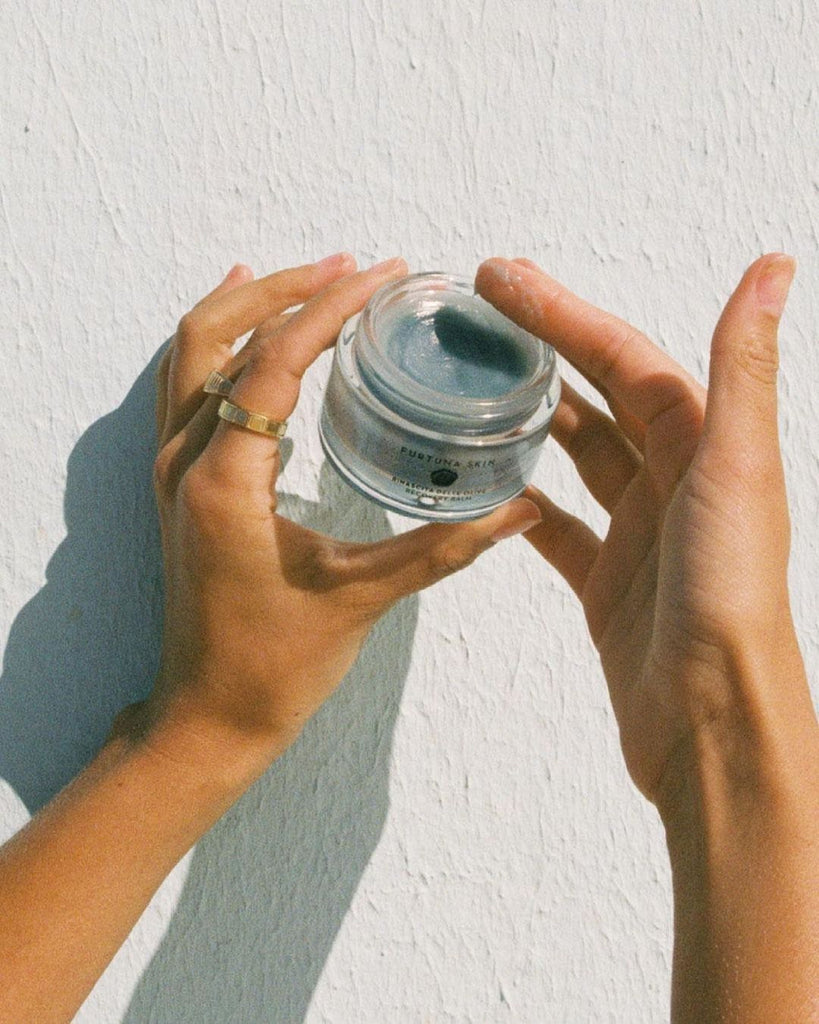The summer season brings with it a host of skin-related issues that most of us are all too familiar with. The combination of heat, humidity, and increased sun exposure can lead to a wide range of skin problems, from acne breakouts to sunburns and everything in between. While summer is usually considered to be a time for outdoor fun and basking in the sun, it's also a season when your skin may need extra care and attention. As such, it is important to take care of your skin by following the proper guidelines.
In this blog, we will discuss five common summer skin problems and provide tips on how to treat them. Whether you are dealing with oily skin or sunburn, we've got you covered with effective solutions to keep your skin healthy and radiant all summer long. Understanding the causes and treatments of these common summer skin problems can help you enjoy the season without worrying about your complexion.
Acne Breakouts
Summer is often associated with increased acne breakouts, which can be both painful and unpleasant. However, dealing with acne can be complicated if you do not understand the reasons behind its formation. In fact, many individuals who do not fully comprehend the risks and impact often end up trying to get rid of acne by squeezing the skin, which can have grave consequences.
There are actually several reasons why acne breakouts occur:
- Firstly, the increased humidity and sweating can lead to excess oil production, which clogs pores and creates a breeding ground for acne-causing bacteria.
- Secondly, using sunscreen, while essential, can sometimes contribute to clogged pores, especially if you are not using a non-comedogenic product.
- Lastly, summer activities like swimming in chlorinated pools can irritate the skin and trigger breakouts.
Maintaining a regular skincare routine is essential to treat and prevent acne breakouts during the summer. Start by cleansing your face twice a day with a gentle, non-drying cleanser to remove sweat, dirt, and excess oil. Exfoliate your skin once or twice a week to remove dead skin cells and unclog pores, but be careful not to overdo it as it can irritate the skin. Use a lightweight, oil-free moisturizer to keep your skin hydrated without making it greasy. You can shop for quality skincare products online to manage acne.
If you are experiencing severe acne breakouts, using over-the-counter products that contain benzoyl peroxide might be helpful. This ingredient can help to reduce inflammation and kill acne-causing bacteria. However, if your acne does not improve or worsen, immediately cease usage of any such products. In such cases, it is recommended to consult a dermatologist for professional advice and treatment as soon as possible.
Dry and Irritated Skin
Despite the humidity, summer can still lead to dry and irritated skin. Constant exposure to air conditioning, chlorine from swimming pools, and saltwater from the ocean can strip the skin of its natural oils, leading to dryness and irritation. Additionally, increased sun exposure can cause the skin to become dehydrated and inflamed.
To treat dry and irritated skin during the summer, it is important to keep your skin well-hydrated. Use a lightweight, hydrating moisturizer containing ingredients like stearic acid, glycerin, or aloe vera. These ingredients help to lock in moisture and soothe the skin. Additionally, drink plenty of water throughout the day to keep your body and skin hydrated from the inside out.
After swimming, rinse your skin with fresh water to remove chlorine or salt, and then apply high-quality Dermadoctor skin care products. It is also essential to use sunscreen with a high SPF and reapply it every two hours when spending time outdoors.
If your skin becomes severely dry or irritated, it might be helpful to use an over-the-counter cream to reduce inflammation. However, make sure to check the cream you select carefully or consult your doctor to prevent any adverse effects.
Folliculitis
Folliculitis is a common skin condition when hair follicles become infected or inflamed. Various factors, including friction from tight clothing, sweating, and exposure to certain bacteria or fungi, can cause it. The condition typically presents as small, red, and sometimes itchy bumps on the skin. During the summer, folliculitis can be more common due to increased sweating and wearing tight or wet clothes for extended periods.
Maintaining good hygiene practices is essential to treat and prevent folliculitis. Start by cleansing the affected area with a mild, antibacterial soap. Avoid scrubbing the skin, as it can cause further irritation. Pat the skin dry gently after washing and apply a lightweight, oil-free moisturizer.
It is also important to wear loose, breathable clothing to reduce friction and allow sweat to evaporate. After swimming or exercising, remove wet clothes as soon as possible and rinse your skin with fresh water.
If the folliculitis does not improve or worsens, it may be necessary to use topical or oral antibiotics to clear the infection. In severe cases, a healthcare professional may need to drain the infected follicles. It is recommended to consult a dermatologist for a proper diagnosis and treatment plan.
Heat Rash
Heat rash, also known as miliaria or prickly heat, is a skin condition that occurs when sweat glands become blocked and sweat cannot escape to the skin's surface. This leads to the development of small, itchy, and painful rashes. Heat rash is common in the summer when the weather is hot and humid.
To treat the itchy rash, start by cooling the skin with a cold compress or by taking a cool shower and washing sweaty clothes to avoid further infection. Aloe vera gel or calamine lotion can also help soothe the skin and reduce itching. It is important to wear loose, breathable clothing and stay in a cool, air-conditioned environment if possible.
To prevent heat rash, try to stay cool and dry by wearing lightweight, breathable clothing and avoiding excessive sweating. Taking cool showers and using talcum powder can also help keep the skin dry. In most cases, heat rash will resolve on its own once the skin cools down.
Sunburn
Sunburn is one of the most common skin problems experienced during the summer. It occurs when the skin is exposed to ultraviolet (UV) radiation from the sun or artificial sources, such as tanning beds, for an extended period. This exposure causes the skin to produce more melanin, the pigment that gives skin its color, as a defense mechanism. However, when the exposure exceeds the skin's ability to protect itself, it results in sunburn. Sunburned skin is often red, painful, and warm to the touch. It may also cause sun allergy, blistering, peeling, and swelling in severe cases.
To treat sunburn, it is important to cool the skin down as soon as possible. Take a cool shower or bath, and then apply a cold compress to the affected area. Use aloe vera gel or a lotion to soothe the skin and reduce inflammation. Drinking plenty of water can also help rehydrate the skin from the inside out.
It is important to avoid further sun exposure until the sunburn has healed completely. Wear protective clothing, a wide-brimmed hat, and sunglasses, and use a broad-spectrum sunscreen with a high SPF. Remember to reapply sunscreen frequently every two hours or more if swimming or sweating.
Preventing sunburn is crucial for maintaining healthy skin and reducing the risk of skin cancer. Always wear sunscreen with a high SPF, even on cloudy days or when spending time in the shade. It is also recommended to avoid sun exposure between 10 am and 4 pm when the sun's rays are the strongest.
Remember, sunburn is not just uncomfortable; it can also cause long-term damage to the skin and increase the risk of skin cancer. Therefore, taking precautions to protect your skin from the sun is essential.
Conclusion
In conclusion, summer comes with its fair share of skin problems, including acne breakouts, dry and irritated skin, folliculitis, heat rash, and sunburn. While these conditions are common, they can be uncomfortable and sometimes even painful.
Fortunately, most of these summer skin problems can be managed effectively with the right skincare regimen and preventative measures. Remember to keep your skin clean, stay hydrated, wear breathable clothing, and, most importantly, protect your skin from the sun by wearing sunscreen every day.
Additionally, pay attention to how your skin responds to different products and environments, and consult a healthcare professional or dermatologist if you have any concerns or if your symptoms do not improve. By caring for your skin and being mindful of these common issues, you can enjoy a healthy, glowing complexion all summer.



